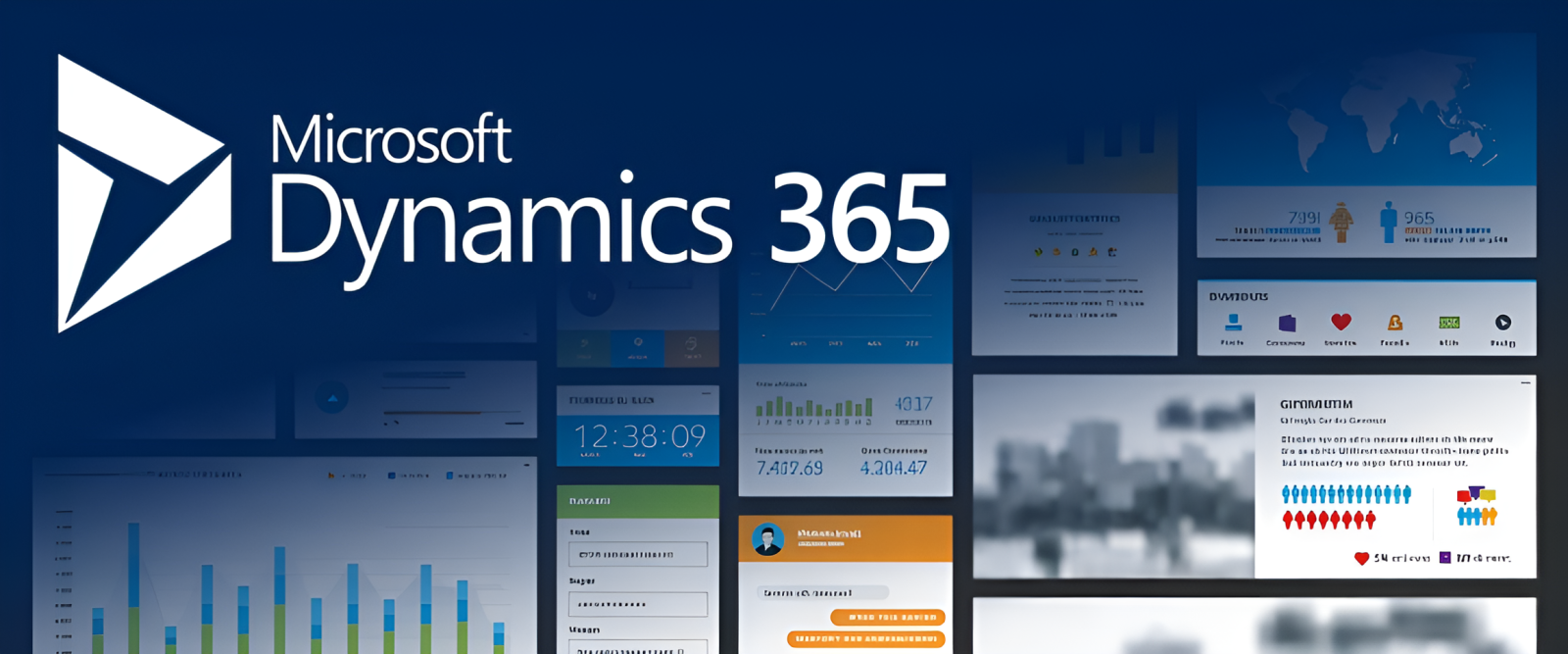Notifications

6 minutes, 2 seconds
-83 Views 0 Comments 0 Likes 0 Reviews

Choosing the right implementation partner is one of the most important decisions your business will make when adopting Microsoft Dynamics 365. A great partner can help you unlock the full potential of the platform, avoid costly mistakes, and deliver long-term value. On the other hand, a poor choice can lead to budget overruns, delays, and a solution that fails to meet your needs.
So, how do you ensure that your implementation partner is the right fit? The answer lies in asking the right questions.
In this blog, we cover the top ten questions you should ask any Dynamics 365 Implementation Partner before signing the contract. These questions will help you evaluate their expertise, approach, and ability to support your business goals.
1. What Is Your Experience with Microsoft Dynamics 365 F&SCM?
Start by confirming that the partner has hands-on experience specifically with Dynamics 365 Finance and Supply Chain Management. Ask about the number of projects they’ve completed and whether they’ve worked with businesses in your industry. Look for case studies or client references to back up their claims.
2. Can You Share Examples of Similar Projects You Have Delivered?
Ask for specific examples of past implementations that are similar in scope and complexity to yours. This gives you insight into the partner’s capabilities and their understanding of your business environment. It also helps you gauge whether they can handle any unique requirements or challenges you may have.
3. What Is Your Implementation Methodology?
A structured implementation process is key to staying on schedule and within budget. Ask the partner to walk you through their project methodology. Find out how they manage planning, development, testing, training, and post-go-live support. A well-defined methodology signals a mature, experienced team.
4. How Do You Handle Change Management and User Training?
Technology adoption is just as much about people as it is about software. Ask how the partner supports user adoption, including training sessions, documentation, and change management strategies. The right partner will recognize that success depends on how well your team understands and uses the new system.
5. What Customization and Integration Capabilities Do You Offer?
Many businesses need Dynamics 365 to integrate with other tools like CRM systems, third-party logistics providers, or e-commerce platforms. Ask the partner how they approach integrations and what customization capabilities they offer. Be sure to clarify whether they prioritize out-of-the-box functionality or lean heavily on custom development.
6. What Is Included in Your Support and Maintenance Services?
The relationship with your partner should not end after go-live. Make sure they offer ongoing support, troubleshooting, and updates. Ask what’s included in their support packages and how they handle issues post-implementation. Look for flexibility and responsiveness in their support model.
7. How Do You Manage Project Timelines and Budgets?
It’s critical to know how your partner manages timelines and controls costs. Ask about their track record for delivering projects on time and on budget. Inquire about how they handle delays or scope changes and what tools they use for project tracking and reporting.
8. Who Will Be on Our Project Team?
Some firms win projects and then hand them off to junior consultants. Ask to meet your actual project team in advance and learn about their qualifications and roles. A strong project team should include experienced consultants, project managers, and solution architects.
9. How Do You Ensure Data Migration Is Accurate and Secure?
Data migration is a high-risk part of any ERP implementation. Ask the partner how they handle data migration from your legacy system to Dynamics 365. Find out what processes they use to ensure data accuracy, completeness, and security throughout the transfer.
10. What Is Your Approach to Scaling the Solution as We Grow?
Your business may evolve after the implementation. Ask how your partner supports scalability and future phases. A forward-thinking partner should offer solutions that can grow with your business and guide you through continuous improvement after the initial rollout.
Final Thoughts
Selecting a Dynamics 365 implementation partner is not a decision to take lightly. By asking the right questions and listening closely to the answers, you can better understand whether a partner is truly equipped to deliver a successful project.
A reliable partner will be transparent, proactive, and aligned with your business goals. They will not only deliver the software but also support your journey toward better efficiency, insight, and growth through Microsoft Dynamics 365.
enterprise software Microsoft Azure Services Dynamics 365 Finance and Supply Chain Management Microsoft Dynamics 365

